new to the gluten free journey?
new to the gluten free journey?
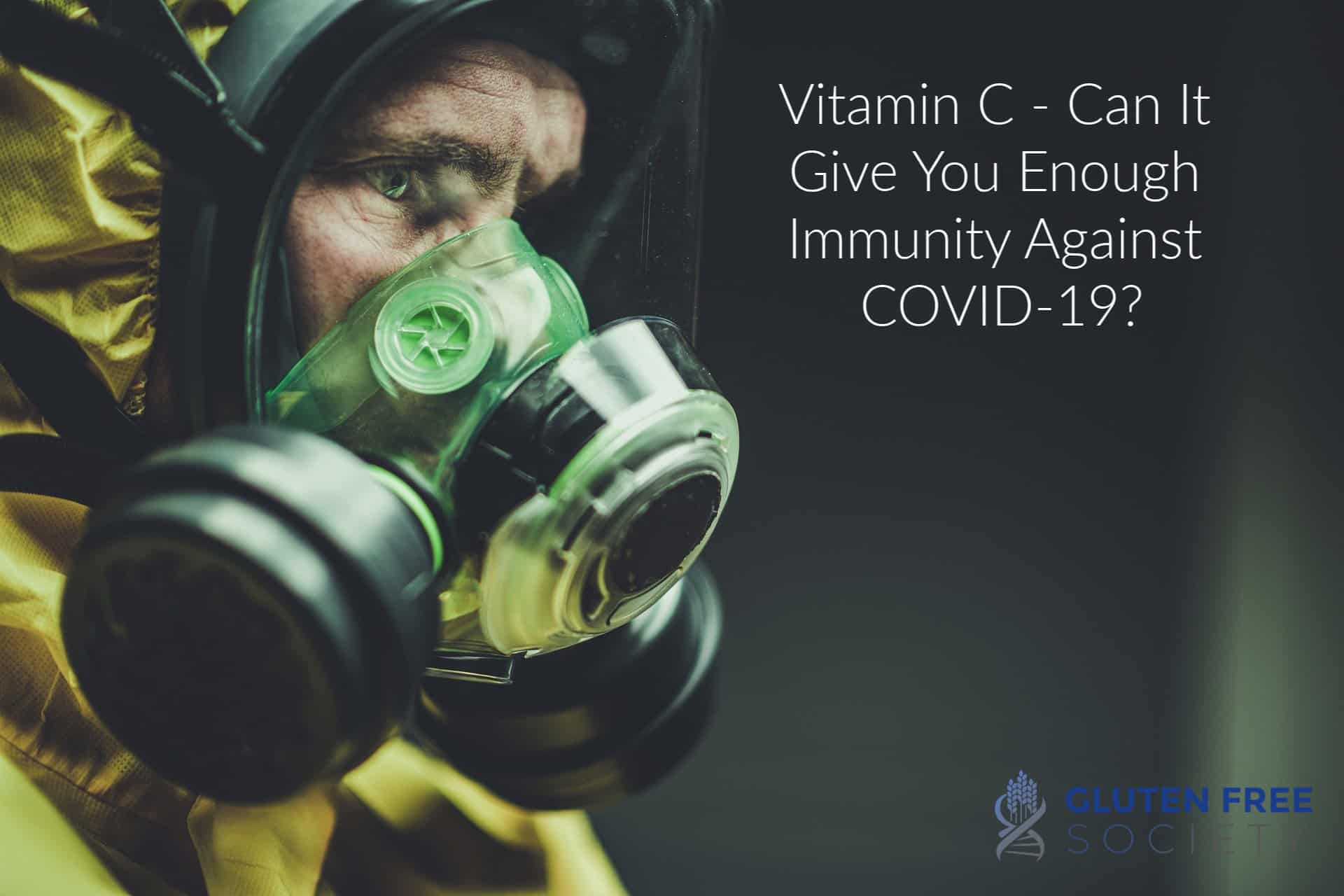
Contents
Toggle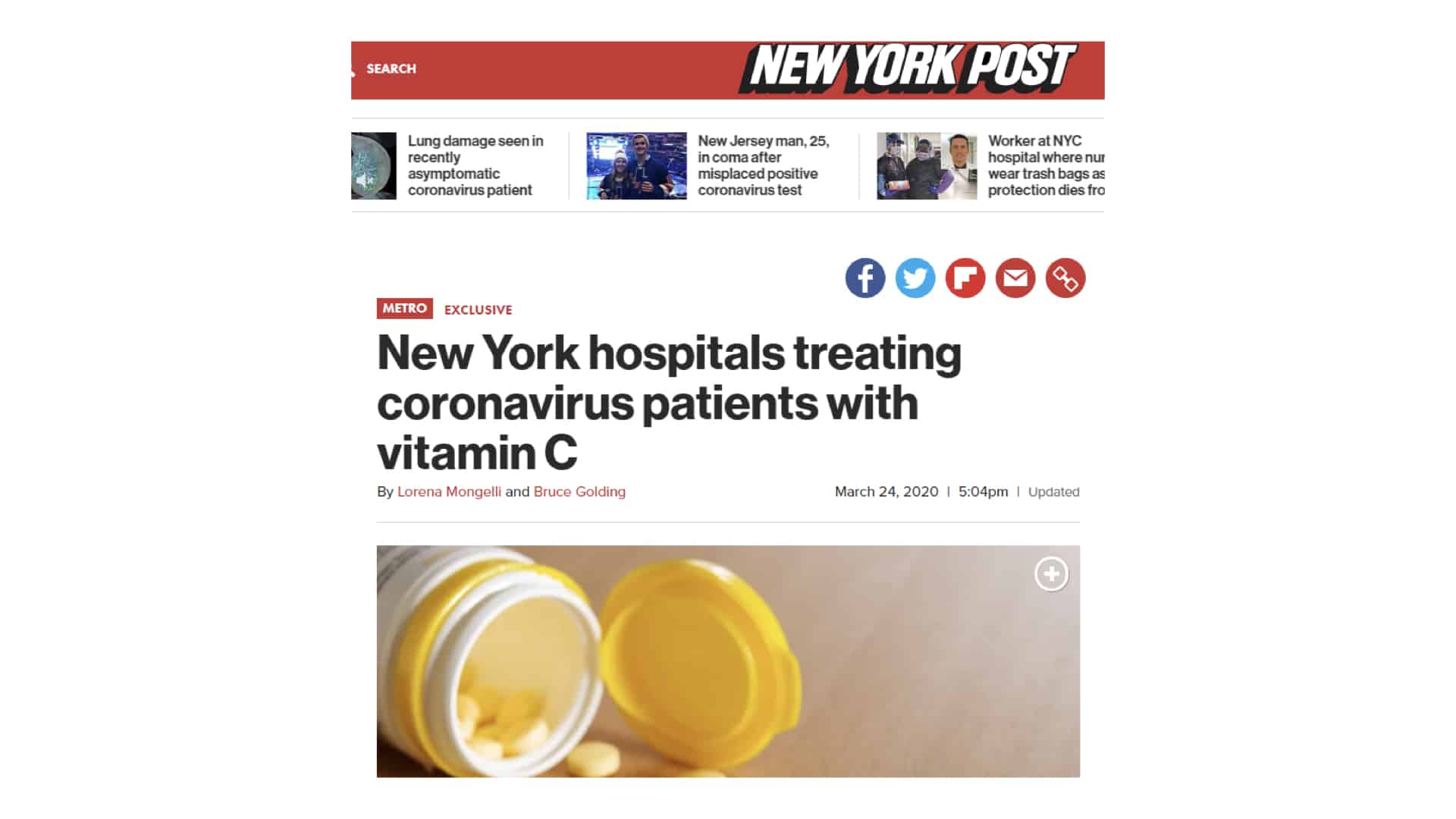 This treatment is being used in both New York City and China with positive and encouraging results. In China, doctors are prescribing as much as 50-100 milligrams per kilogram of body weight. Doctors in New York are providing patients with smaller amounts than those used in China, possibly due to shortages, but are still seeing vast improvements in patients.
This treatment is being used in both New York City and China with positive and encouraging results. In China, doctors are prescribing as much as 50-100 milligrams per kilogram of body weight. Doctors in New York are providing patients with smaller amounts than those used in China, possibly due to shortages, but are still seeing vast improvements in patients.
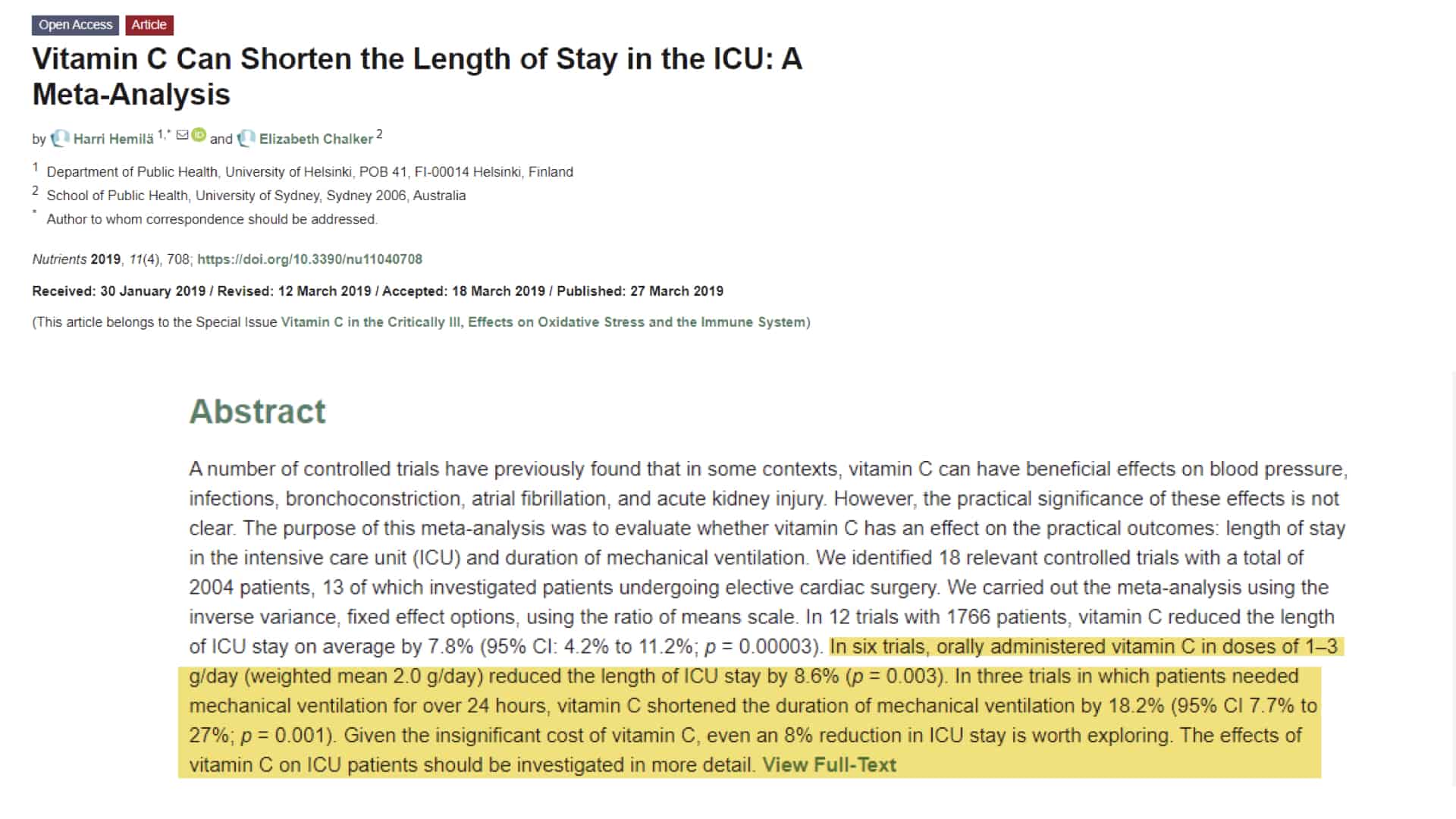 Another study that specifically looked at lung-based diseases or illness like pneumonia, which is often linked to viral infections like Coronavirus also showed promise with Vitamin C. It explained that taking an oral dose of one to three grams per day could reduce the length of an ICU stay by as much as 9%.
Another study that specifically looked at lung-based diseases or illness like pneumonia, which is often linked to viral infections like Coronavirus also showed promise with Vitamin C. It explained that taking an oral dose of one to three grams per day could reduce the length of an ICU stay by as much as 9%.
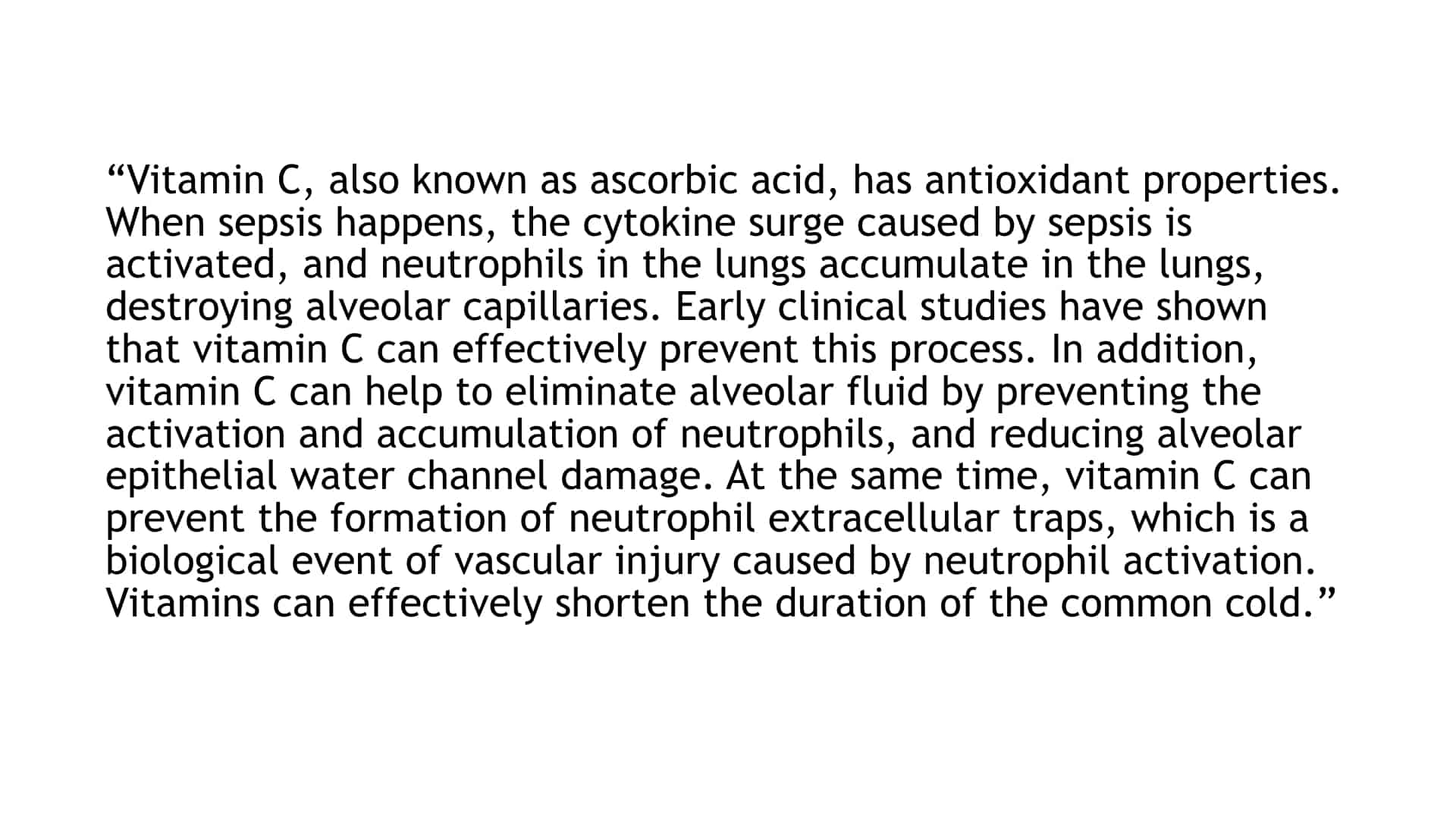 It’s no secret that COVID-19 has taken and continues to take the lives of thousands of individuals. This is due in large part because of something known as the cytokine surge, which is the release of inflammatory chemicals. It is caused by sepsis, an infection in the bloodstream, and is activated by neutrophils in the lungs which essentially destroy lung tissue. Patients’ lungs are drowned by fluids from inflammation coming from the immune system.
Though that may sound bleak, early studies are showing that Vitamin C can actually prevent this process from occurring. It has been shown to:
It’s no secret that COVID-19 has taken and continues to take the lives of thousands of individuals. This is due in large part because of something known as the cytokine surge, which is the release of inflammatory chemicals. It is caused by sepsis, an infection in the bloodstream, and is activated by neutrophils in the lungs which essentially destroy lung tissue. Patients’ lungs are drowned by fluids from inflammation coming from the immune system.
Though that may sound bleak, early studies are showing that Vitamin C can actually prevent this process from occurring. It has been shown to:
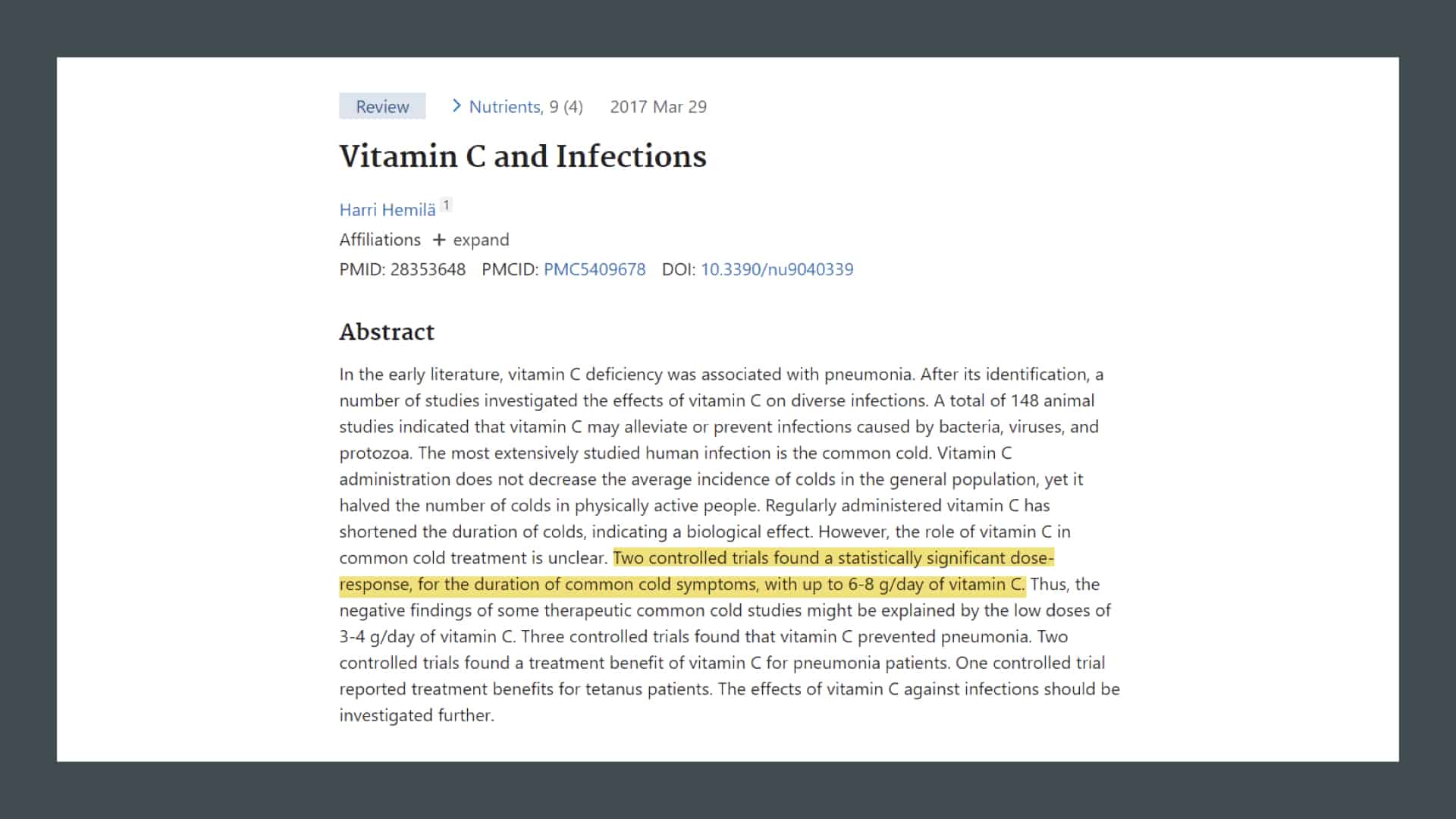 As stated, taking high doses of Vitamin C can have a significant impact on the immune system and can help to fight infectious diseases, but a deficiency with this nutrient can be detrimental. In fact, it can actually increase the risk of developing an infection.
If illness does occur, treatment with this nutrient can reduce the inflammatory response. However, it may require even higher doses to compensate for increased inflammation response and metabolic demands. Dosing needs to be in grams rather than milligrams.
As stated, taking high doses of Vitamin C can have a significant impact on the immune system and can help to fight infectious diseases, but a deficiency with this nutrient can be detrimental. In fact, it can actually increase the risk of developing an infection.
If illness does occur, treatment with this nutrient can reduce the inflammatory response. However, it may require even higher doses to compensate for increased inflammation response and metabolic demands. Dosing needs to be in grams rather than milligrams.
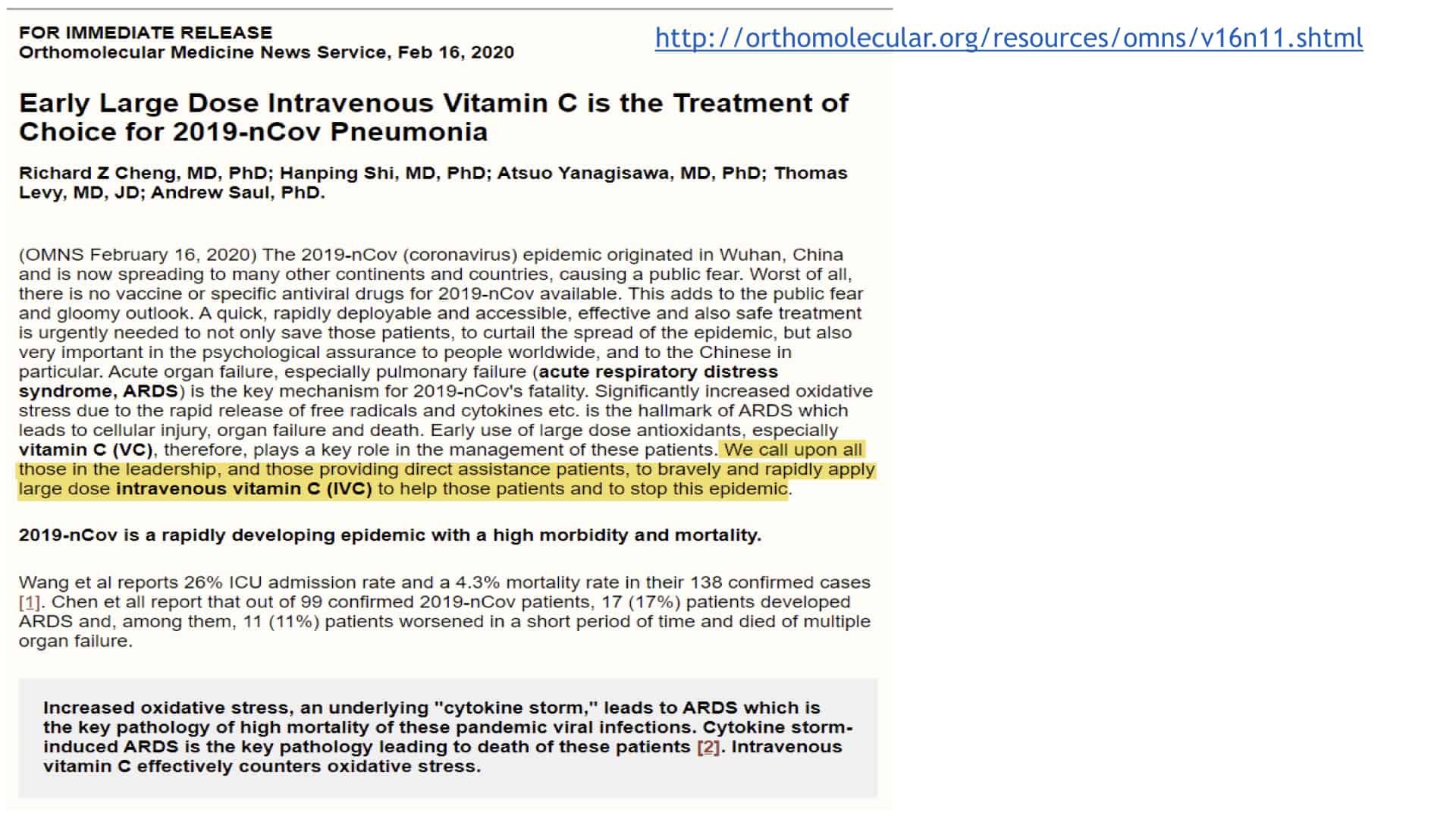 So how should Vitamin C be taken to really prepare the immune system to take on a virus? First, while Vitamin C in pill form is sufficient, powder tends to be a better option for higher doses as it can be mixed with water and easily swallowed. It’s also important to note that this nutrient is known to cause diarrhea in large doses; therefore, plan to split it up during the day to prevent gastric issues.
Our Corn Free Vitamin C Powder or Tabsules
Furthermore, when taking such high doses, it’s important to wean off of Vitamin C if reducing or discontinuing the supplement. Quitting “cold turkey” could result in reverse scurvy leading to bleeding gums and other signs of deficiency. Reduce intake by one gram every week until reaching the desired amount.
So how should Vitamin C be taken to really prepare the immune system to take on a virus? First, while Vitamin C in pill form is sufficient, powder tends to be a better option for higher doses as it can be mixed with water and easily swallowed. It’s also important to note that this nutrient is known to cause diarrhea in large doses; therefore, plan to split it up during the day to prevent gastric issues.
Our Corn Free Vitamin C Powder or Tabsules
Furthermore, when taking such high doses, it’s important to wean off of Vitamin C if reducing or discontinuing the supplement. Quitting “cold turkey” could result in reverse scurvy leading to bleeding gums and other signs of deficiency. Reduce intake by one gram every week until reaching the desired amount.
 As seen with the success of the studies above, Vitamin C will help your immune system and may help you fight off disease, but it’s important to remember that it won’t prevent a virus-like COVID-19, nor will it cure it. It does mean, however, that your immune system will be better prepared and you may not need to go to or be in the hospital for a significant period of time.
If you do get sick and need to go to the hospital, don’t hesitate to ask for an IV of this nutrient and specifically request large doses. Taking care of your body now and advocating for yourself in the hospital could make all the difference in your recovery.
As seen with the success of the studies above, Vitamin C will help your immune system and may help you fight off disease, but it’s important to remember that it won’t prevent a virus-like COVID-19, nor will it cure it. It does mean, however, that your immune system will be better prepared and you may not need to go to or be in the hospital for a significant period of time.
If you do get sick and need to go to the hospital, don’t hesitate to ask for an IV of this nutrient and specifically request large doses. Taking care of your body now and advocating for yourself in the hospital could make all the difference in your recovery.
Written and medically reviewed by Dr. Peter Osborne. Updated on September 7, 2023
Stay up-to-date with the latest articles, tips, recipes and more.

*These statements have not been evaluated by the Food and Drug Administration. This product is not intended to diagnose, treat, cure or prevent any disease.
If you are pregnant, nursing, taking medication, or have a medical condition, consult your physician before using this product.
The entire contents of this website are based upon the opinions of Peter Osborne, unless otherwise noted. Individual articles are based upon the opinions of the respective author, who retains copyright as marked. The information on this website is not intended to replace a one-on-one relationship with a qualified health care professional and is not intended as medical advice. It is intended as a sharing of knowledge and information from the research and experience of Peter Osborne and his community. Peter Osborne encourages you to make your own health care decisions based upon your research and in partnership with a qualified health care professional.
One Response
Thank you so much for sharing this valuable information.